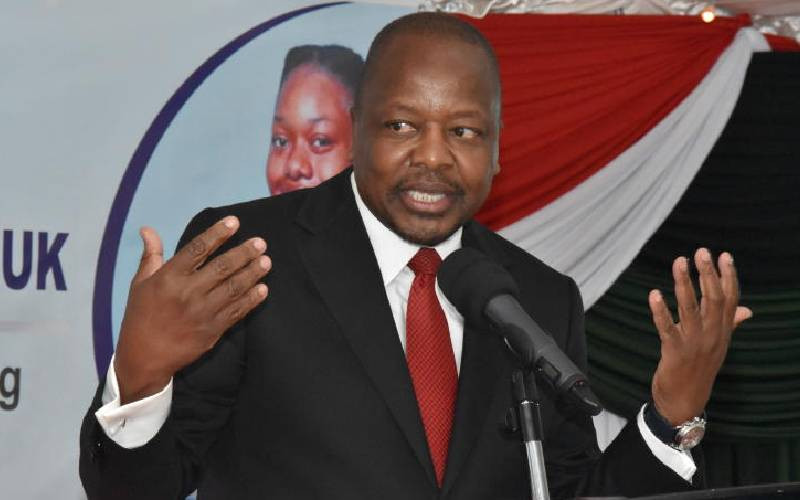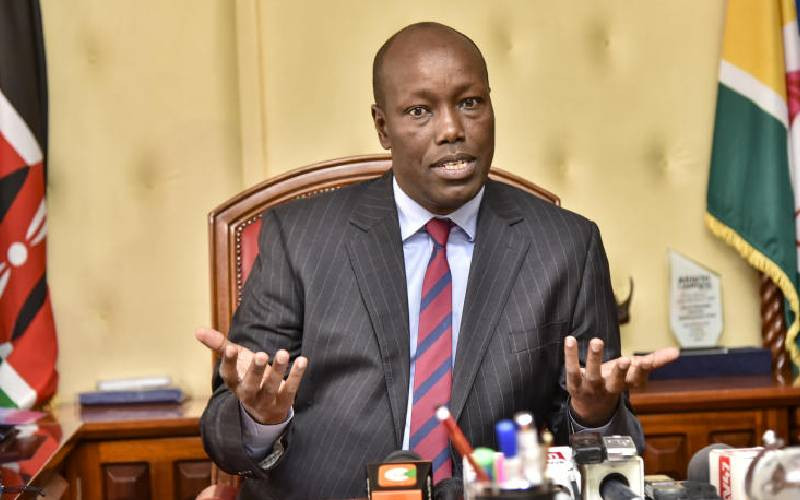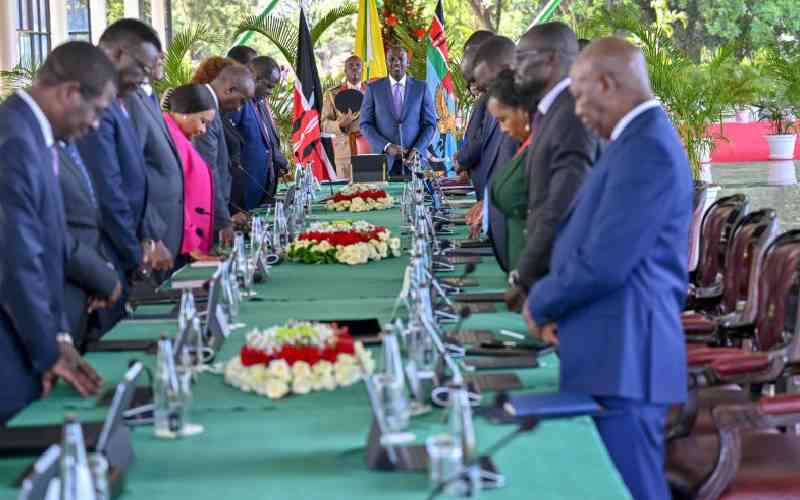I am a proud product of public University learning, and I can ascertain without any fear of contradiction that public universities lecturers are not the impediment to much-desired tranquility in their respective institutions.
On the contrary, the real opponents of learning at public universities are at Jogoo House, and their children do not attend public institutions. Kenya’s higher education is riddled by many unresolved issues but the government has chosen, like the proverbial ostrich to bury its head in the sand.
Whereas the public has been duped to believe that lecturers only want the full implementation of the 2017-2021 CBA, there are other underlying matters that should as well be looked into to curtail repeated dons’ strikes.
One of the concerns that have sparked emotions among the public universities teaching staff is the job evaluation exercise that ranked administrative staff far much higher than the teaching fraternity. The exercise was intended to create a standardized pay structure for public officers.
What this basically implies is that an administrator, say for instance working in the finance department is ranked higher than a professor teaching Biochemistry. The lecturers have cried foul and dismissed the evaluation exercise as shambolic. The dons want a fresh evaluation done, with clear parameters in place.
Without proper job evaluation structure in place, even the counter offer being considered by the National government is likely to further the lecturers’ grievances. This is because non-teaching staff currently ranked higher than the teaching staff will continue to earn more than professors.
The ministry of education is in limbo, quite unsure of what steps to take. It is now dawning to the cabinet secretary and other ministry officials that the current anomalies plaguing the higher education department is systemic and can only be solved through a holistic approach.
Ending the persistent lecturers’ strikes will not be attained via frequent court orders. There is a need for mutual understanding and goodwill, especially from the government side.
The mere fact that public universities lecturers have resorted to industrial action to be heard is the validation that there are problems at the ministry.
Instead of vilifying the union leaders for refusing to call for the prolonged strike, there should be concerted efforts from all stakeholders to resolve remuneration issues in public universities. For this to be achieved, all stakeholders should cede ground and accept to negotiate within the confines set by the salary and remuneration commission.
It is also imperative that president steps in to end the residual lecturers’ strikes. Only then will the demons seeking to scuttle learning in public universities be exorcised.
 The Standard Group Plc is a
multi-media organization with investments in media platforms spanning newspaper
print operations, television, radio broadcasting, digital and online services. The
Standard Group is recognized as a leading multi-media house in Kenya with a key
influence in matters of national and international interest.
The Standard Group Plc is a
multi-media organization with investments in media platforms spanning newspaper
print operations, television, radio broadcasting, digital and online services. The
Standard Group is recognized as a leading multi-media house in Kenya with a key
influence in matters of national and international interest.
 The Standard Group Plc is a
multi-media organization with investments in media platforms spanning newspaper
print operations, television, radio broadcasting, digital and online services. The
Standard Group is recognized as a leading multi-media house in Kenya with a key
influence in matters of national and international interest.
The Standard Group Plc is a
multi-media organization with investments in media platforms spanning newspaper
print operations, television, radio broadcasting, digital and online services. The
Standard Group is recognized as a leading multi-media house in Kenya with a key
influence in matters of national and international interest.








